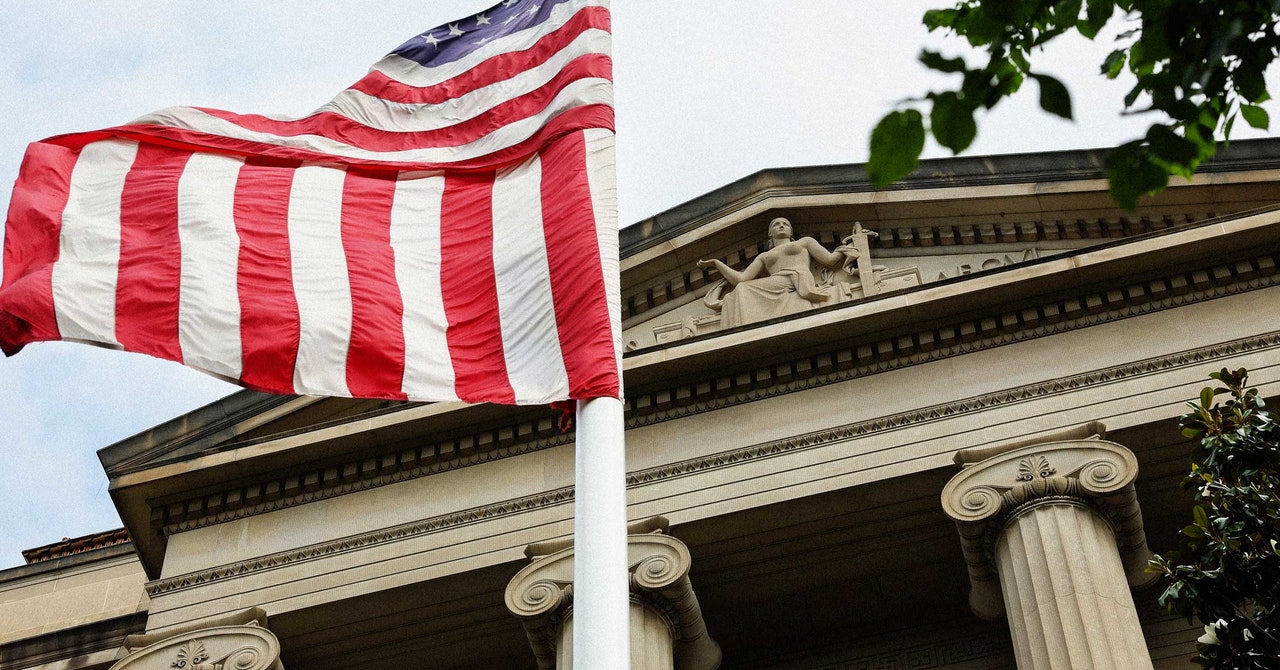In March 2007, Googleâs then senior executive in charge of acquisitions, David Drummond, emailed the companyâs board of directors a case for buying DoubleClick. It was an obscure software developer that helped websites sell ads. But it had about 60 percent market share and could accelerate Googleâs growth while keeping rivals at bay. A âMicrosoft-owned DoubleClick represents a major competitive threat,â court papers show Drummond writing.
Three weeks later, on Friday the 13th, Google announced the acquisition of DoubleClick for $3.1 billion. The US Department of Justice and 17 states including California and Colorado now allege that the day marked the beginning of Googleâs unchecked dominance in online adsâand all the trouble that comes with it.
The government contends that controlling DoubleClick enabled Google to corner websites into doing business with its other services. That has resulted in Google allegedly monopolizing three big links of a vital digital advertising supply chain, which funnels over $12 billion in annual revenue to websites and apps in the US alone.
Itâs a big amount. But a government expert estimates in court filings that if Google were not allegedly destroying its competition illegally, those publishers would be receiving up to an additional hundreds of millions of dollars each year. Starved of that potential funding, âpublishers are pushed to put more ads on their websites, to put more content behind costly paywalls, or to cease business altogether,â the government alleges. It all adds up to a subpar experience on the web for consumers, Colorado attorney general Phil Weiser says.
âGoogle is able to extract hiked-up costs, and those are passed on to consumers,â he alleges. âThe overall outcome we want is for consumers to have more access to content supported by advertising revenue and for people who are seeking advertising not to have to pay inflated costs.â
Google disputes the accusations.
Starting today, both sidesâ arguments will be put to the test in whatâs expected to be a weekslong trial before US district judge Leonie Brinkema in Alexandria, Virginia. The government wants her to find that Google has violated federal antitrust law and then issue orders that restore competition. In a best-case scenario, according to several Google critics and experts in online ads who spoke with WIRED, internet users could find themselves more pleasantly informed and entertained.
It could take years for the ad market to shake out, says Adam Heimlich, a longtime digital ad executive whoâs extensively researched Google. But over time, fresh competition could lower supply chain fees and increase innovation. That would drive âbetter monetization of websites and better quality of websites,â says Heimlich, who now runs AI software developer Chalice Custom Algorithms.
Tim Vanderhook, CEO of ad-buying software developer Viant Technology, which both competes and partners with Google, believes that consumers would encounter a greater variety of ads, fewer creepy ads, and pages less cluttered with ads. âA substantially improved browsing experience,â he says.
Of course, all depends on the outcome of the case. Over the past year, Google lost its two other antitrust trialsâconcerning illegal search and mobile app store monopolies. Though the verdicts are under appeal, theyâve made the companyâs critics optimistic about the ad tech trial.

